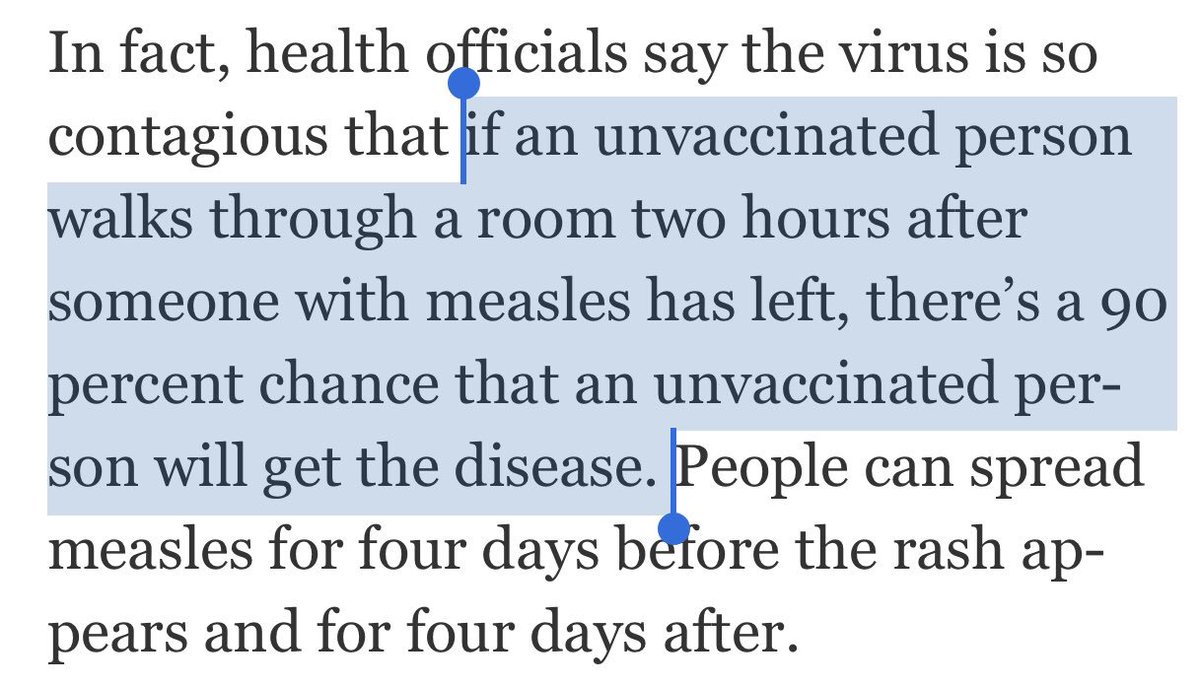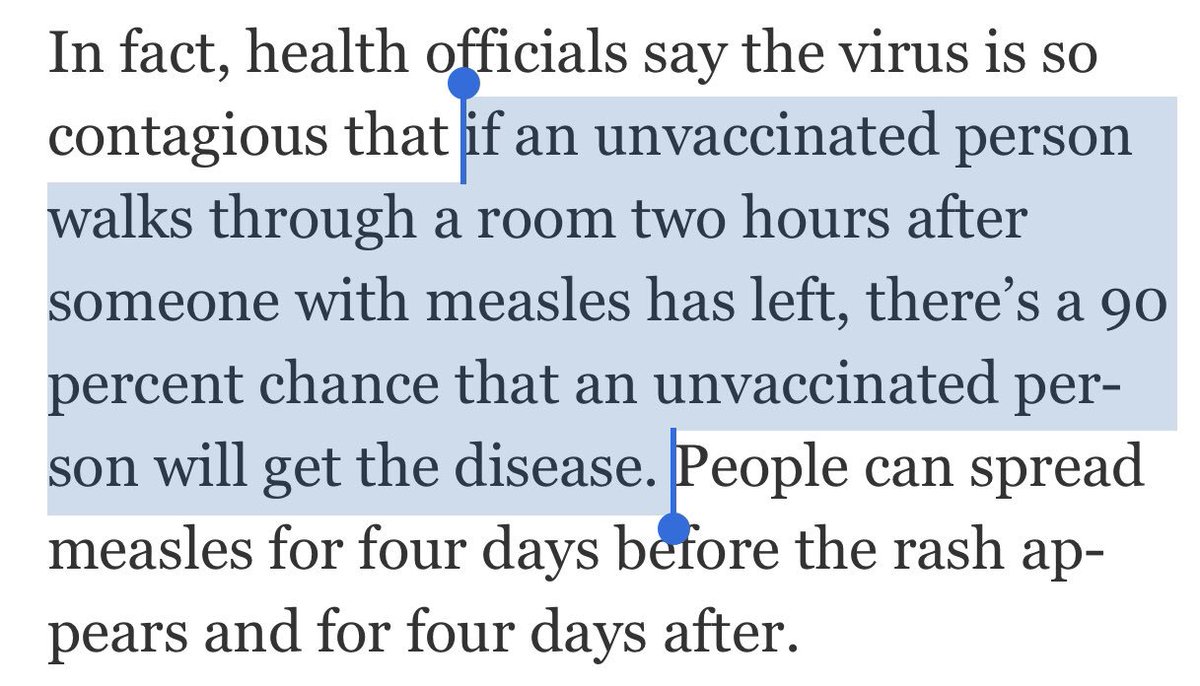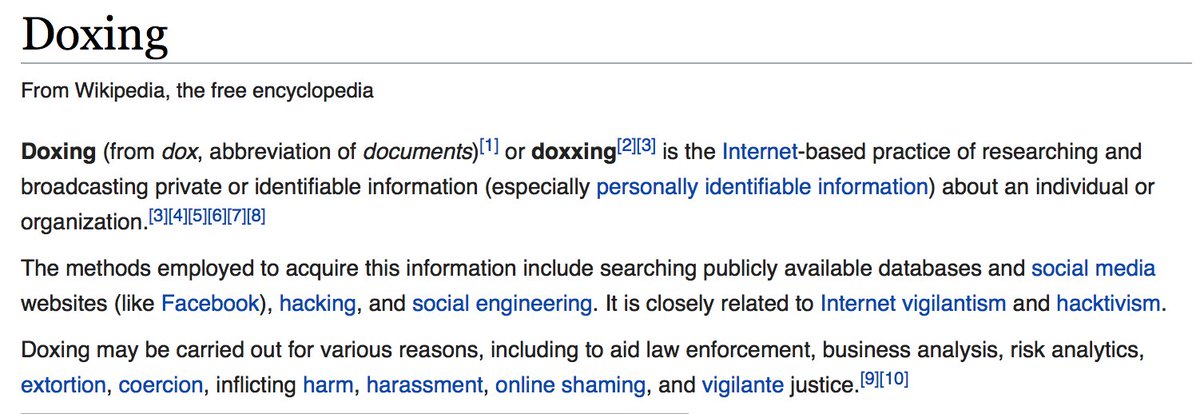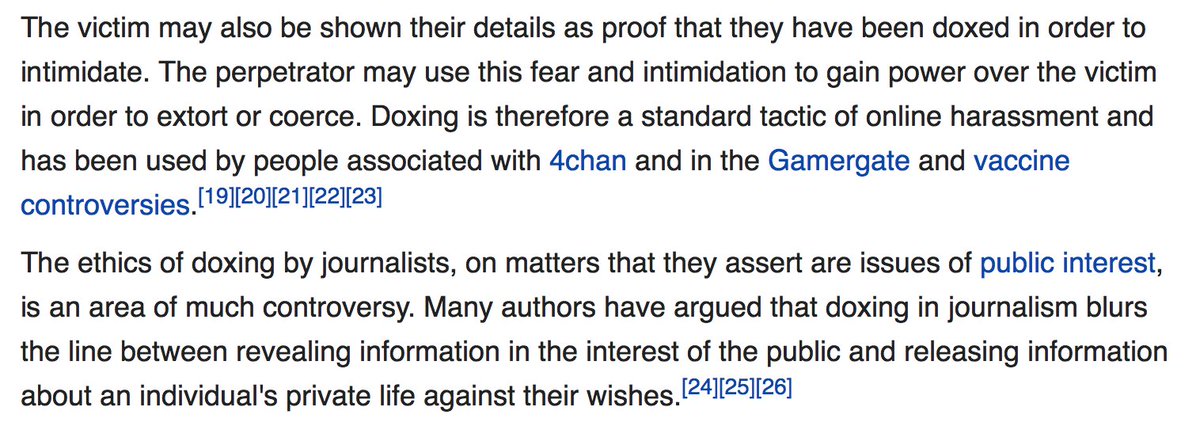They need to use pieces of a document in multiple places.
1. Because the same information needs to appear in multiple places - developer docs & internal docs, for example - but when it changes, they don't want to have to hunt down all the places it's referenced and change each one, one at a time.
CONDITIONALS.
But when you've got hundreds of developers [writers]...it stops working quick.
reuse<--->duplication
is leaning at exactly the right angle.
This drastically reduces the speed with which _any_ docs can be produced.
NO









